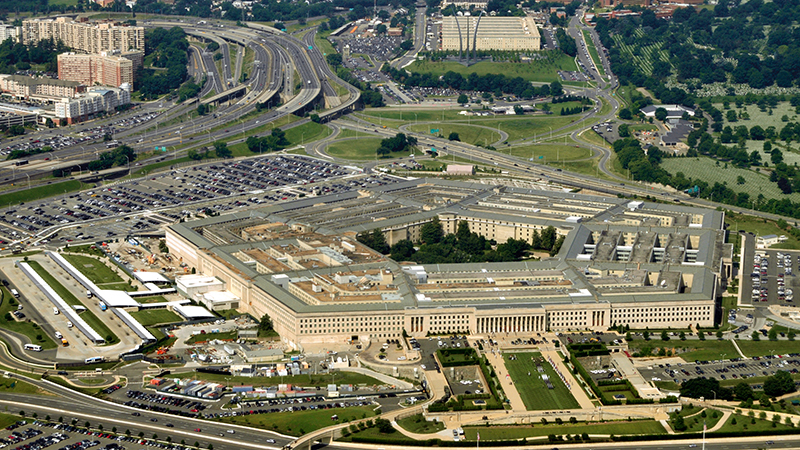
The Federal Communications Commission (FCC) approved an application from Ligado, which will allow the company to operate in an adjacent spectrum band to Global Positioning System (GPS) signals, a move that defense leaders fear could disrupt military operations.
“I thank my colleagues for coming together on a bipartisan basis to support Ligado’s application,” FCC Chairman Ajit Pai said after the commission approved the order unanimously Monday. Secretary of State Mike Pompeo and Attorney General William Barr both issued statements of support of the Ligado application last week while the Departments of Defense (DoD) and Transportation issued a joint statement in opposition.
“Our Departments rely on GPS each day,” said the Friday statement, “to coordinate tactical national security operations, launch spacecraft, track threats, and facilitate travel by air and sea. The proposed Ligado decision by the Federal Communications Commission will put all these uses of GPS at risk.”
The approval comes despite the objections from four leaders of the congressional defense committees last week. Senate Armed Services Committee Chairman James Inhofe, R-Okla., Ranking Member Jack Reed, D-R.I., and House Armed Services Ranking Member Mac Thornberry, R-Texas wrote a letter to the president last Wednesday, urging him to speak to Secretary of Defense about the national security concerns of the application. House Armed Services Chairman Adam Smith, D-Wash., sent his own letter to Pai Thursday expressing his concern that the license could disrupt military use of GPS.

The defense leaders letters comes after weeks of correspondence between DoD, Department of Commerce, and Commerce’s National Telecommunications and Information Administration (NTIA) – the organization who oversees the Federal government’s use of spectrum. The acting head of NTIA did not approve of the Ligado applications, according to his letter to Pai.
Monday’s approval from the FCC came with several conditions. The order requires Ligado to report its base station locations and technical operating parameters to government and industry users in adjacent spectrum bands. Further, the FCC order required the company to use its own licensed spectrum to create a “guard-band” of 23 megahertz to separate its transmissions from neighboring operations and comply with procedures for responding to reports of interference.
The conditions imposed by the FCC’s order did not alleviate the concerns of the Pentagon.
“The position the department articulated in its statement issued last Friday has not changed,” said Lt. Col. Robert Carver, a DoD spokesman, in an email to MeriTalk Tuesday.
